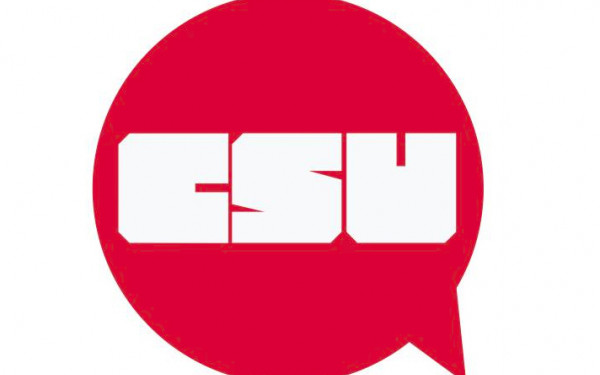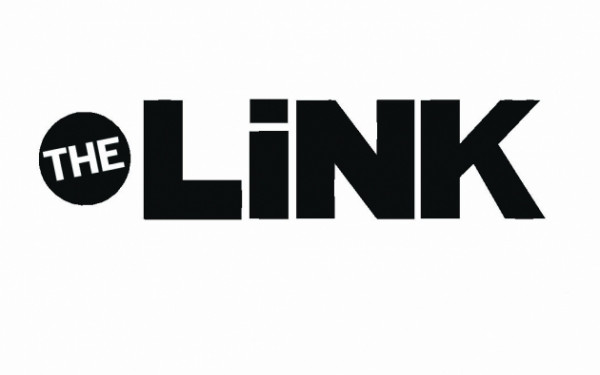Editorial: We Need Electoral Reform at the CSU
Last updated Dec. 2. See correction below.
Following last week’s decision to change the wording of the Boycott, Divestment and Sanctions question hours before voting opened, The Link and the CSU can finally agree on something: the electoral process needs reform.
The CSU agrees, the CSU’s chief electoral officer agrees and the campaigns on either side of the issue agree—it doesn’t make sense to first approve a question, then run campaigns about it, then change it without consultation at the eleventh hour.
Concordia’s 36,000 undergraduate students were provided with a question that was initially formulated by Solidarity for Palestinian Human Rights, before being edited by Chief Electoral Officer Andre-Marcel Baril, before being switched by the CSU’s Judicial Board for an alternate question also written by the CEO.
Zach Braman, chair of the Judicial Board, is confident that he followed the bylaws in allowing a last-minute appeal from the “No” camp to alter the question after they claimed they had not been informed of the first edit.
The CSU’s bylaws state that the Judicial Board has “the authority to establish their own procedures in order to be able to deal with issues in a timely manner following the principles of natural justice.”
The problem is not that any rules were broken, but rather that the rules in place do not facilitate responsible governance and are an impediment to the democratic process.
Changes are urgently needed in the CSU’s bylaws and in the roles of the Judicial Board and the Chief Electoral Officer in order to avoid a repeat of last week’s farce—it’s to no one’s benefit to have a contentious referendum question change the night before polling stations open.
The current 24-hour window for emergency appeals to the Judicial Board might work for a candidate, but it certainly doesn’t work for a referendum question. As a result, the election has been thrown into question and CSU employees are awaiting the advice of a legal firm.
Flexibility is important to maintain within universities, but we must strive for balanced adjudication in student matters, which means correcting highly controversial or biased questions before campaigning begins.
What would be more sensible, and more democratic, would be a more rigorous process to formulate a question, conducted by an independent commission several weeks in advance of the vote.
The CSU’s standing regulations regarding elections are also in need of an overhaul. Article 294 of the standing regulations states that campaign material may only be posted or broadcasted during the official campaign period, which begins 10 days prior to polling and ends at 9 p.m. the night before polls open.
Wanting to inform students about arguments for and against BDS, The Link reached out to both the pro-BDS and anti-BDS camps, looking for interviews. The pro-BDS camp spoke to our paper before 9 p.m., but the opposing camp refused to give an interview out of fear of violating the election regulations, since the interview would appear for the first time in print after the campaign period ended. Without an interview from the anti-BDS campaign, we resorted to using content from their official Facebook page to present their point of view.
During past CSU elections, The Link has published candidate profiles and analyses of referendum questions on the first day of polling. The CSU voting period usually begins on Tuesdays, the day The Link is published in print each week. Concerns have never before been raised as to whether an interview given for a news piece before the 9 p.m. deadline would be a violation of the CSU standing regulations.
The need to ensure that students aren’t harassed or intimidated at the polling stations by campaigners is understandable—calm must prevail during the voting period. However, given the low voter turnout in our student union’s elections, CSU regulations should avoid roadblocks to students becoming informed.
The inconsistent application of this regulation to referendum campaigns’ interactions with the student press is problematic, particularly when the referendum question is changed so late. Both campaigns felt muzzled, unsure whether they might be sanctioned if they chose to speak out to the campus media about the reformulated question.
On the CSU’s Facebook page, Baril posted a message admitting “it is impossible to find time to give the situation the significant amount of thought and research that it deserves.” He goes on to say “the problem is further compounded by the magnitude and complexity of the question being voted on.” For lack of time and knowledge, he couldn’t consider a highly controversial question, yet he is the only person appointed to do so.
“To use a metaphor, my position acts as the police, judge and jury of the elections. There is no support system in place, beyond appeals to the Judicial Board presented by individuals who feel my decision was manifestly unreasonable. In this particular context, I do not feel that it would be responsible for one person to be entrusted with navigating the situation alone, and thus I have decided on taking an alternative methodology.”
His confession speaks for itself.
*Correction: The original version of this article stated that Judicial Board Chair Zach Braman falsely identified the original version of the BDS question as including the phrase “siege of Palestine.” In fact, the original version of the question did include this phrase, before being edited by the CEO. The inclusion of this mistake by The Link falsely construed Zach Braman’s words as suggesting ignorance towards the original question, which was not the case. The Link regrets the error.




_600_375_90_s_c1.jpg)


(WEB)_600_375_90_s_c1.jpg)